Cross-Cultural Leadership Practices in Education
Neema Amani U.
Faculty of Business and Management Kampala International University Uganda
ABSTRACT
In an increasingly interconnected world, educational leadership must evolve to reflect and respond to diverse cultural contexts. This study examines cross-cultural leadership practices in education, drawing on theoretical frameworks including transformational, transactional, and servant leadership models. It analyzes how national and cultural values—grounded in Hofstede’s cultural dimensions—shape leadership behaviors, expectations, and effectiveness in educational settings across countries such as China, Japan, Portugal, Canada, and Colombia. Through a combination of literature review and international case studies, the paper highlights how policy borrowing, cultural hybridity, and local interpretations affect leadership outcomes. The research underscores the complexity of transferring educational leadership practices across borders and the critical role of cultural competence in navigating this complexity. Ultimately, the study advocates for a more nuanced, culturally grounded approach to educational leadership that respects local traditions while engaging global innovations.
Keywords: Cross-cultural leadership, educational leadership, transformational leadership, transactional leadership, servant leadership, Hofstede cultural dimensions.
CITE AS: Neema Amani U. (2025). Cross-Cultural Leadership Practices in Education. IAA Journal of Arts and Humanities 12(1):97-103. https://doi.org/10.59298/IAAJAH/2025/12197103
